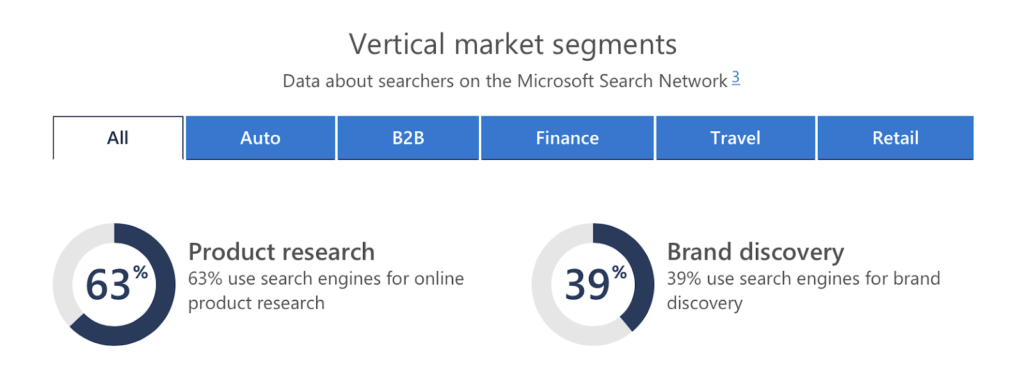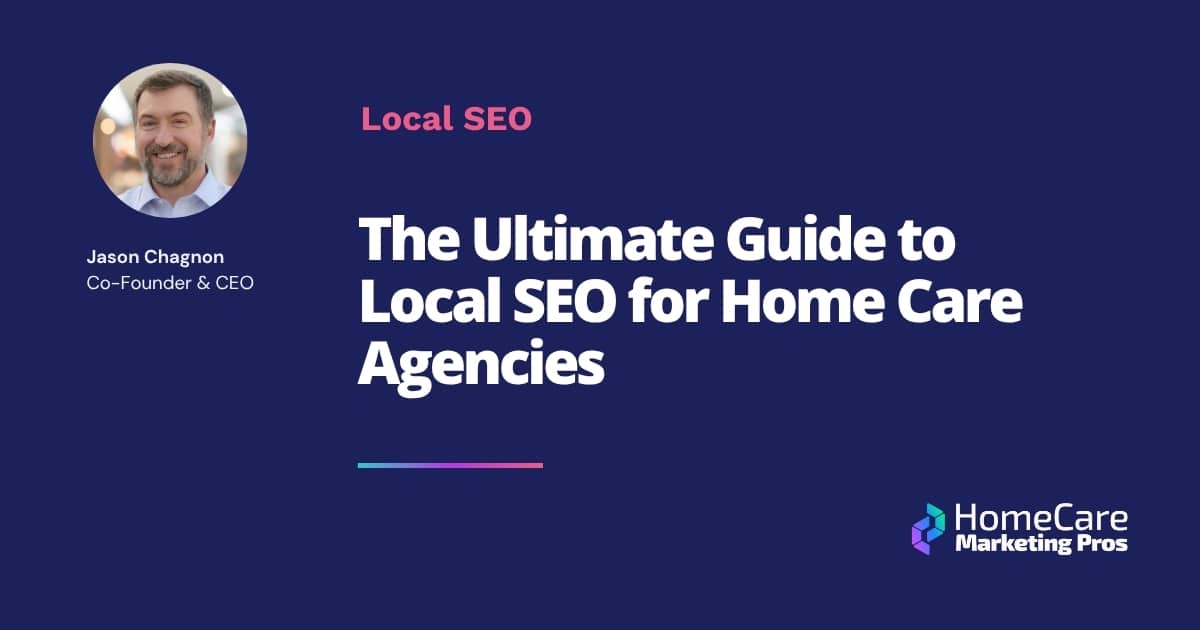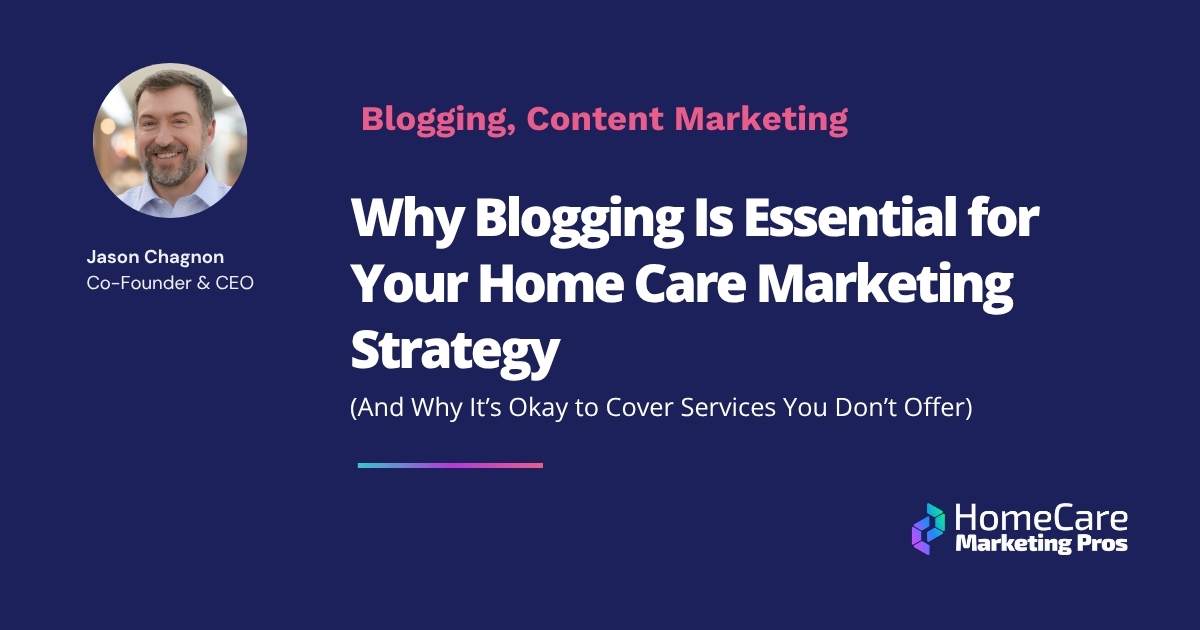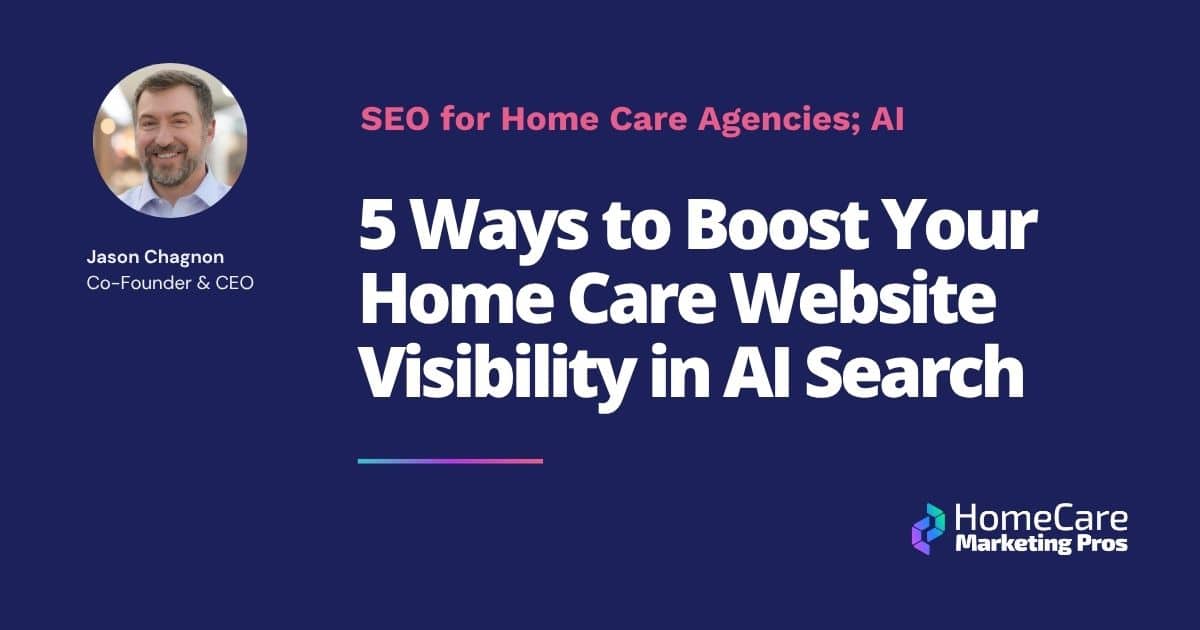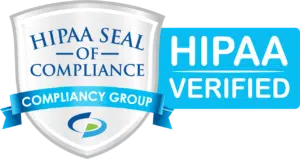4 Reasons Not to Ignore Bing in Your Home Care Marketing Strategy
Google’s strongest competitor is Bing, so why aren’t you looking for potential clients there too?

When optimizing your home care website for search engines, it’s natural to focus on Google. While it is the most used search engine, it’s not the only one out there, and in fact, other search engines command an impressive share of daily searches.
Google is the most popular search engine in the world, but Bing is its strongest contender. If search engine optimization (SEO) is a key part of your agency marketing, then optimizing for Bing has to be included.
Here are six important reasons you shouldn’t ignore Bing in your home care marketing efforts.
1. Bing ranks right below Google for search volume
A lot of people use Bing. Microsoft’s search engine averages 14.7 billion searches in the United States every month, and that’s just on PCs.
Some users are loyal and use only Bing, while others tend to toggle, switching between Google and Bing to find just the right information. That means if you’re missing some Google users, you may be able to reach them when they search on Bing too.
Despite Google’s command of the market, Bing represents an important share of internet users. In fact, a critical target segment for in-home care uses Bing for search.
2. The ideal home care client segment uses Bing
It’s a common SEO mistake to not factor Bing into your home care marketing plan, and one reason is because the audience is full of potential clients. According to Statista, Bing users are typically:
- Aged 25–54, which includes both the sandwich generation and older users who are likely to have parents aged 75+
- Have an annual household income of more than $100,000, and are therefore more likely to have the ability to afford home care services
3. Bing users search to discover
According to Microsoft’s own data, Bing users are looking to discover new brands. That means actively searching potential clients that your home care agency needs.
When those users come looking for in-home care services, you want to be there on page one.
4. Your competitors are using Bing for paid search
Home care marketers can buy pay-per-click, or PPC, ads on Bing. And here’s the cherry on top: Because Bing powers both Yahoo and AOL searches, your paid search ads will appear there too. (See #6 below to learn more about Bing’s partners.)
Bing ads are also more financially efficient than Google ads. Bing’s cost per click (CPC) is 33% lower than Google’s, and cost per acquisition is 30% lower.
Plus, more than half a million advertisers use Bing for paid ads, so there’s a good chance your competitors are already advertising on the search engine.
5. It’s easy to optimize for Bing
If you’re optimized for Google search, you’re not far from being optimized for Bing. Bing and Google have many ranking signals in common, but there are a few differences in the way the two engines consider search results. The good news is, optimizing for one won’t hurt your chances of ranking on the other.
According to Search Engine Journal:
- Where Google is keen on topical content, Bing relies a great deal on exact-match keywords.
- Both want to see inbound links to your pages, but Bing is less concerned with quantity than Google is. Bing wants to see quality links to your pages. Internal links matter too. In fact, Bing will even remove pages from their search results if there aren’t enough internal links on a page.
- Bing places a lot of importance on your social media accounts and how well they perform. So the more engagement you have on sites like Facebook, Twitter, Instagram, and TikTok, the better.
- Where Google considers text on a page most valuable, Bing looks at the multimedia content on a page. So whenever possible, enrich your website with images, video, and audio.
6. Bing network partners expand your organic reach
Bing provides the technology that powers other search bars, like those on Yahoo and AOL, so when you optimize for Bing’s ranking factors, you’re more likely to appear in results on Bing partner sites. Bing’s partners also include Amazon, The Wall Street Journal, and Infospace.
Some digital properties even agree to show Bing paid search ads, so your home health care agency content could reach audiences across many platforms, not just the Bing SERP.
Want to know how your home care agency is doing on Bing?
Home Care Marketing Pros tracks website performance for our clients in a variety of ways, including tracking how a site is doing on Bing. Get started with a no-obligation Discovery Call today to see how your agency is doing and see how we can help!

